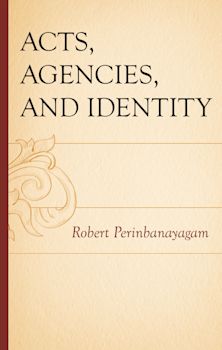- Home
- ACADEMIC
- Sociology
- Sociology - Other
- The Anthropology of Wisdom Literature
This product is usually dispatched within 1 week
- Delivery and returns info
-
Free US delivery on orders $35 or over
You must sign in to add this item to your wishlist. Please sign in or create an account
Description
This unusual book examines definitions of the fable, apologue, parable, moral tale, etc. It then proposes the use of the term exemplum, used by medieval scribes, to define all types of wisdom narratives. It makes a cross-cultural structural analysis of the exemplum and identifies its tripartite structure composed of the promythium, the nucleus, and the epimythium. The book ends with an analysis of the reasons why grown men spent so much time writing and collecting these tales. It demonstrates that fables and related genres were not really meant for little children to learn moral lessons. They were used to teach complex religious and political ideologies, to safely ridicule tyrants and despots, to release tensions, and to give good or bad advice.
Table of Contents
Introduction
Morphology of the Exemplum
Typology of the Exemplum
Oriental Roots
From the Vedas to the Epics
From the Upanishads to the Brhat-Katha
The Derivatives of the Brhat-Katha
Classical Roots
From Homer to Aristotle
Hellenistic Collections
From Phaedrus to Avianus
The Exemplum in Medieval Europe
From the New Testament to Caesarius of Arles
Revival of the Collections
From Juan Manuel to Boccaccio
Functions of the Exemplum
Intra-Textual Functions
Extra-Textual Functions
Conclusion
Bibliography
Index
Product details
| Published | Sep 13 1996 |
|---|---|
| Format | Hardback |
| Edition | 1st |
| Extent | 184 |
| ISBN | 9780897894722 |
| Imprint | Praeger |
| Dimensions | 9 x 6 inches |
| Publisher | Bloomsbury Publishing |
About the contributors

ONLINE RESOURCES
Bloomsbury Collections
This book is available on Bloomsbury Collections where your library has access.



































